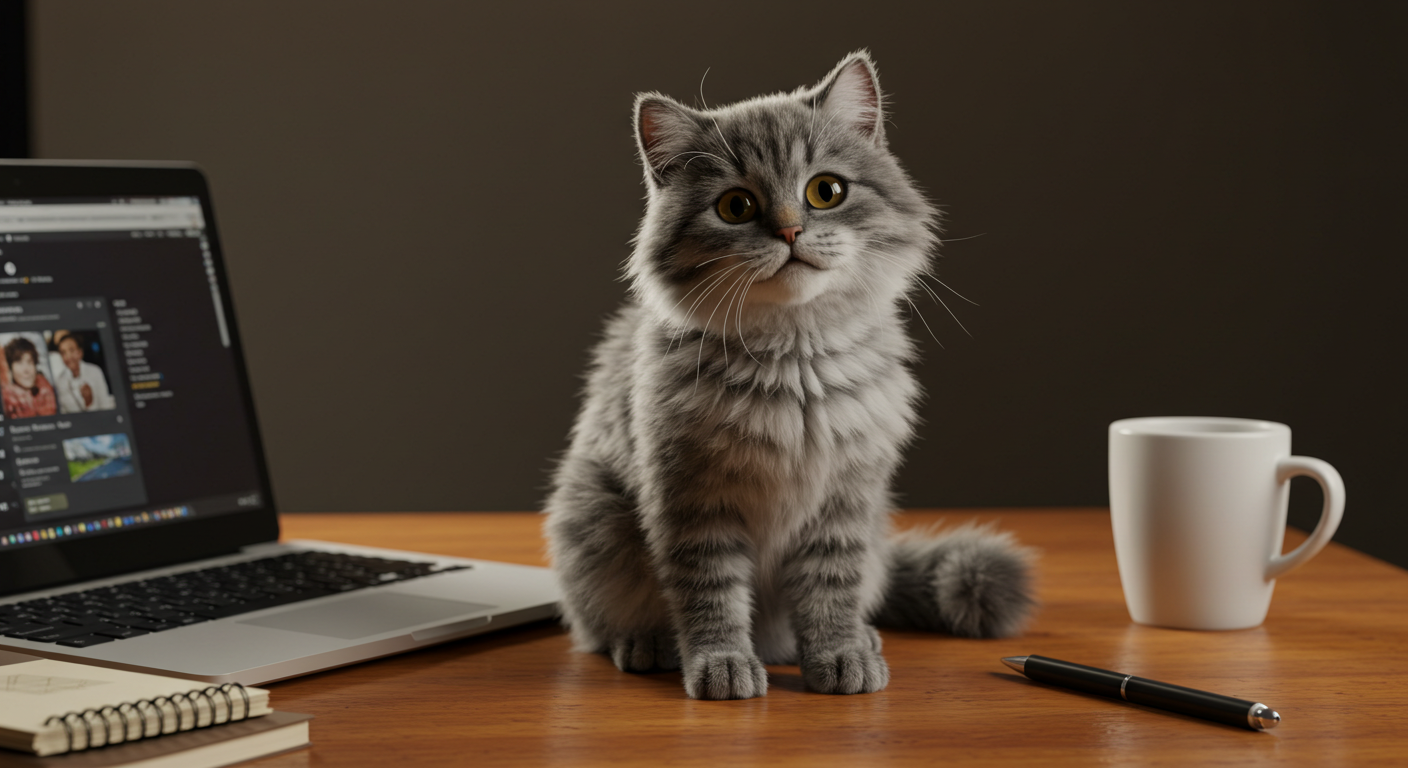Let’s be real: cats are basically small, fluffy enigmas. They’re adorable and baffling, and we just want to get it right for them as cat parents. But here’s the thing—there’s a whole lot of incorrect cat health information floating around out there. Some of it is sound-like, some of it is harmless-sounding, but a lot of it? It’s just simply wrong.
And let’s face it, some of these myths are just plain frightening. They might sound innocuous enough at first, but if you take them to heart, you might actually harm your cat’s health. So, let’s cut through the fiction and bust five of the most common cat health myths that you’ve likely heard (and perhaps even believed).
Myth 1: “Cats Always Land on Their Feet, So They’re Fine if They Fall”
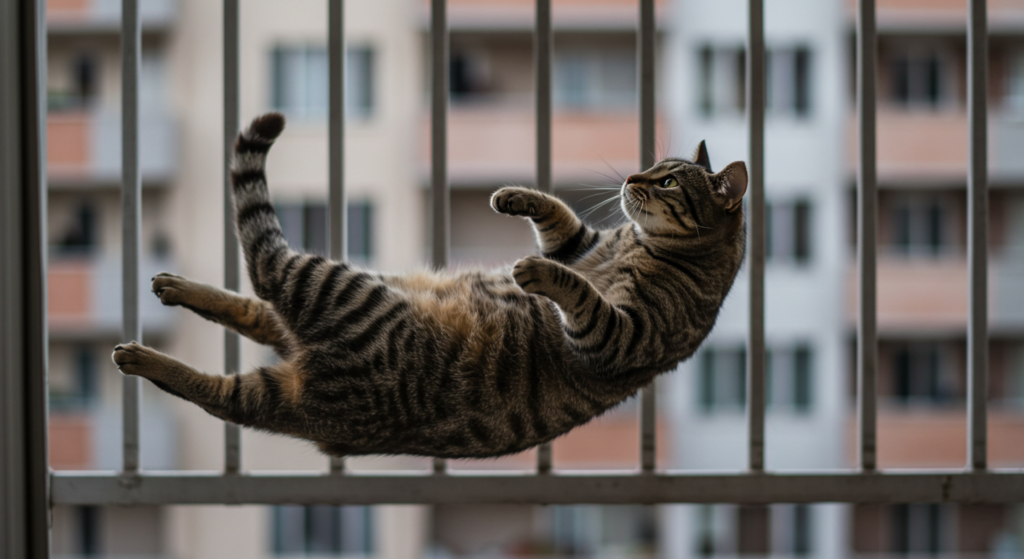
We’ve all watched those videos of cats soaring through the air and landing safely on their paws. It’s amazing, of course, but it’s also created the impression that cats are more or less invincible. Spoiler alert: they’re not.
While cats are incredibly agile and born to contort themselves into knots to land on their feet, even a fall can lead to a serious injury. Broken bones, internal trauma, and worse can happen—especially if they fall from a height (apartment dwellers, I’m talking to you).
So, no, your cat is not a superhero. Secure those windows and balconies, and don’t count on that they will always walk away scot-free.
Myth 2: “Cats Don’t Need Regular Vet Visits if They Seem Healthy”
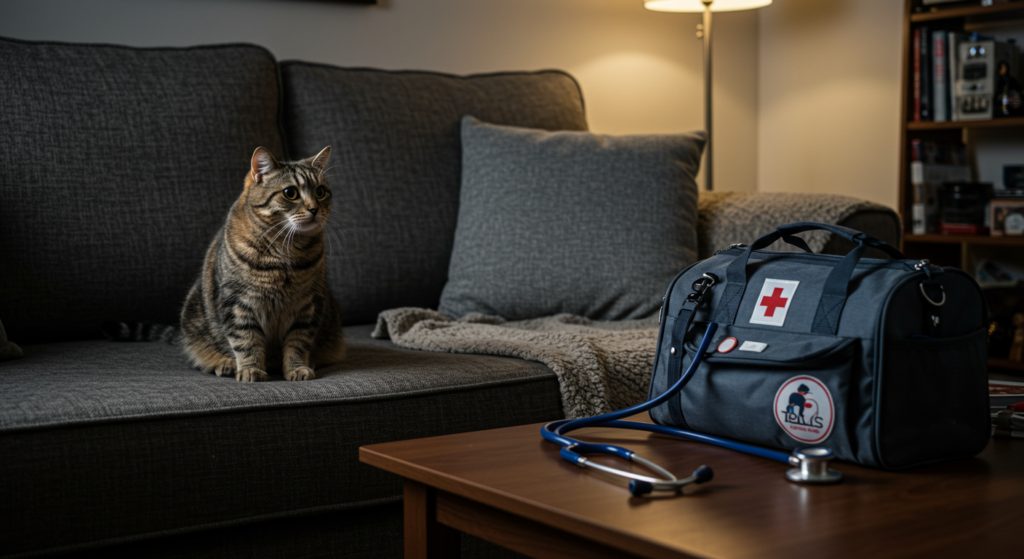
The thing about cats is that they are masters of disguise. In the wild, weakness is a target, so they’ve learned to camouflage pain and illness like experts. What that means is that your cat may be ill or in pain long before you realize that anything is wrong.
Forgetting to go in for annual vet appointments because your cat seems fine is like forgetting your check-up because you feel fine. Yeah, you may be fine, but why take the chance? Regular check-ups can catch problems early on and save you (and your cat) a whole lot of trouble down the road.
Myth 3: “Cats Can Live on a Vegetarian Diet”
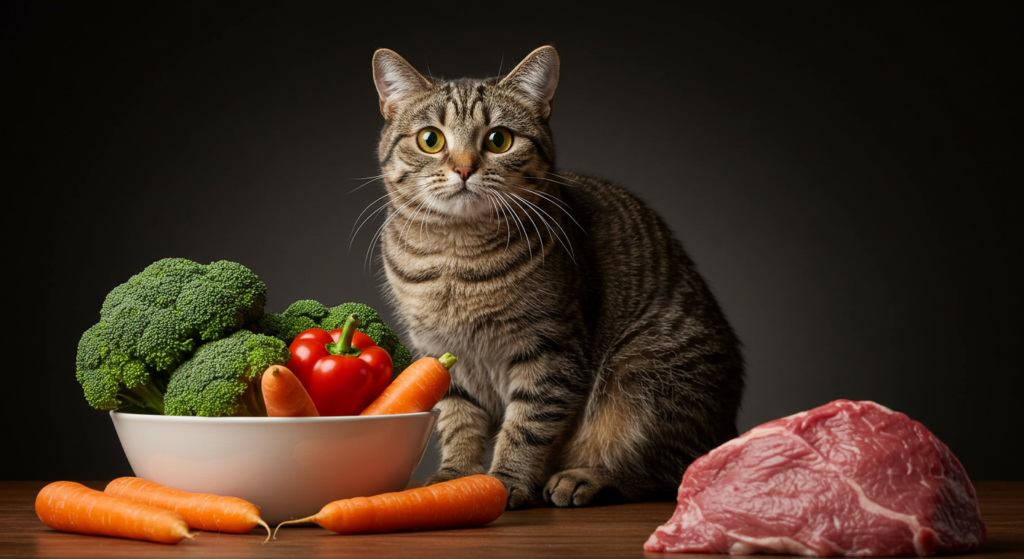
It’s a mystery, but it’s more prevalent than you’d think. There are people who think that since they’ve gone vegetarian or vegan, their cat can do the same. No. Not even close.
Cats are obligate carnivores and need meat to live. Their bodies are adapted to gaining essential nutrients—taurine, arachidonic acid, and vitamin A—in animal sources. They will develop severe illness, like heart disease, blindness, and death, without them.
So, regardless how much you enjoyed your plant-focused diet, that is not available for your kitty. Stick to high-quality commercial cat food meant for their level of nutritional support.
Myth 4: “Milk is a Great Treat for Cats”
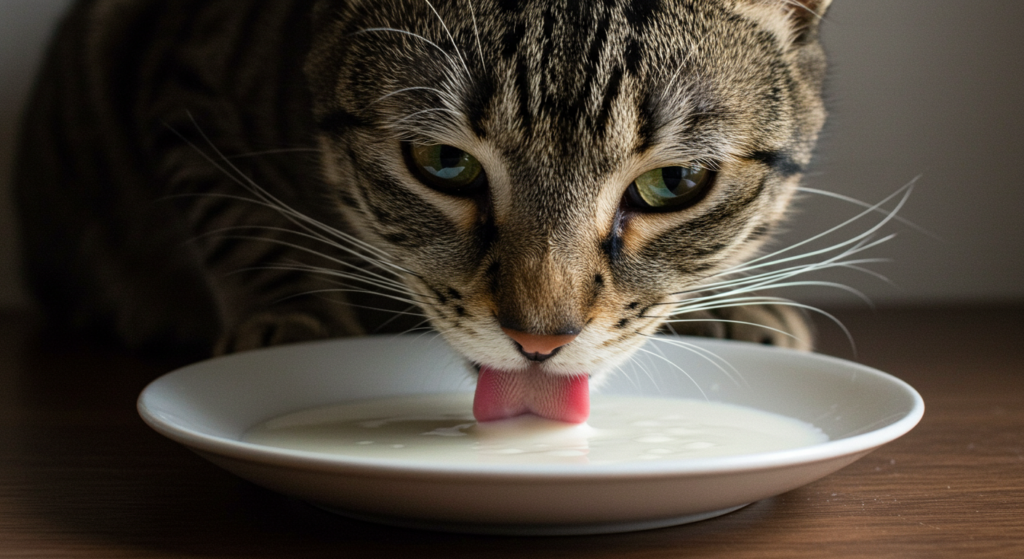
Who has not seen those adorable pictures of cats smooching the edge of a bowl of milk? It’s practically a cultural symbol. But the truth is: most cats are lactose intolerant.
While kittens can digest their mother’s milk, most adult cats are lactose intolerant. Feeding them milk will lead to upset stomachs, diarrhea, and other gastrointestinal issues. So while it may be tempting to give your cat a saucer of milk, it’s best to use fresh water and cat treats.
Myth 5: “Indoor Cats Don’t Need Vaccines”
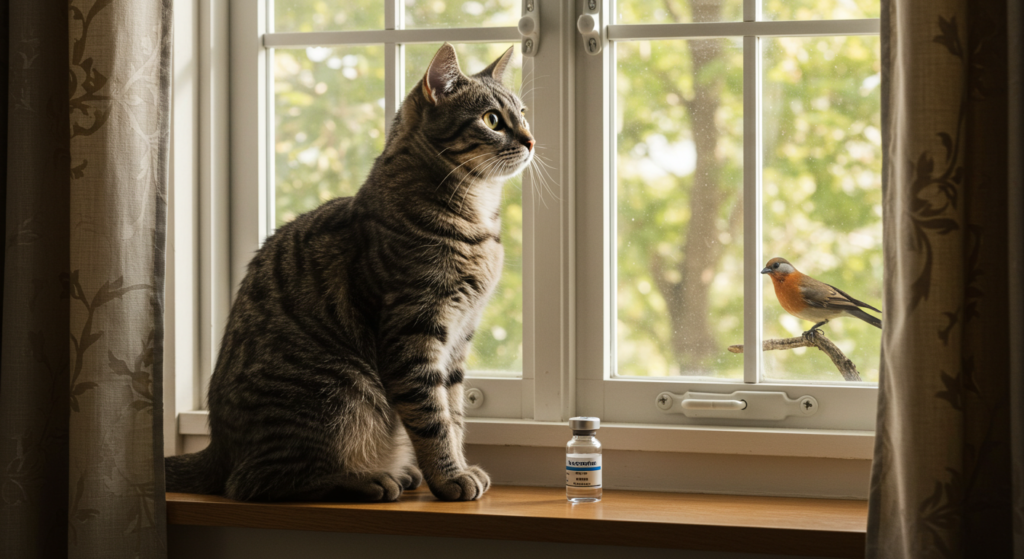
If your cat never so much as pokes a paw outside the door, you might think they are disease-proof. But here’s the scary part: most diseases find their way into your home unbeknownst to you.
For instance, you may introduce germs to your shoes or clothes unintentionally. Or if you have other animals going out of the house, they may introduce something. Even diseases such as rabies, leukemia of the cat, and even some respiratory viruses may still attack indoor cats.
Vaccines aren’t only for outdoor enthusiasts—they’re a key to maintaining your indoor cat’s health.
Why These Myths Are a Big Deal
It’s easy to get swept up in these myths, especially because they’ve existed for so long. But if you do believe them, you may be risking your cat’s health. On the bright side, now that you know the truth, you can make more informed choices for your pet.
Cats are self-sufficient, but they still require our services to stay healthy and safe. So let’s dispense with the myths and focus on what really matters: showering our cats with love and care. And, gee, if you’ve ever assumed any of these myths to be true in the past, don’t beat yourself up too badly. We’re all winging it. The most important thing is to remain open-minded, be curious, and always do your best for your cat. Now, go scratch the back of your cat’s head (or give ’em a treat, if they’re really cute). They’ll thank you—on their own mysterious, cat language. What other cat myths have you heard? Share them in the comments below—keep it going! ?
